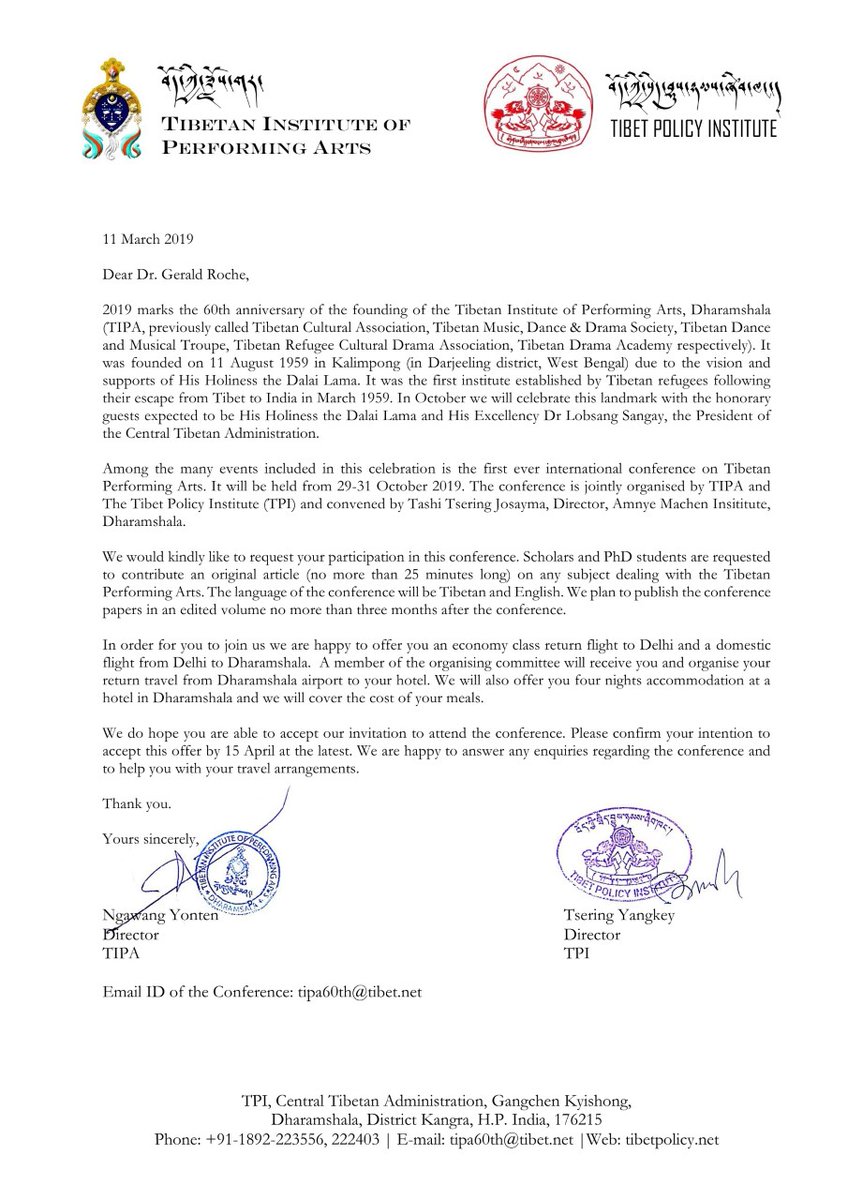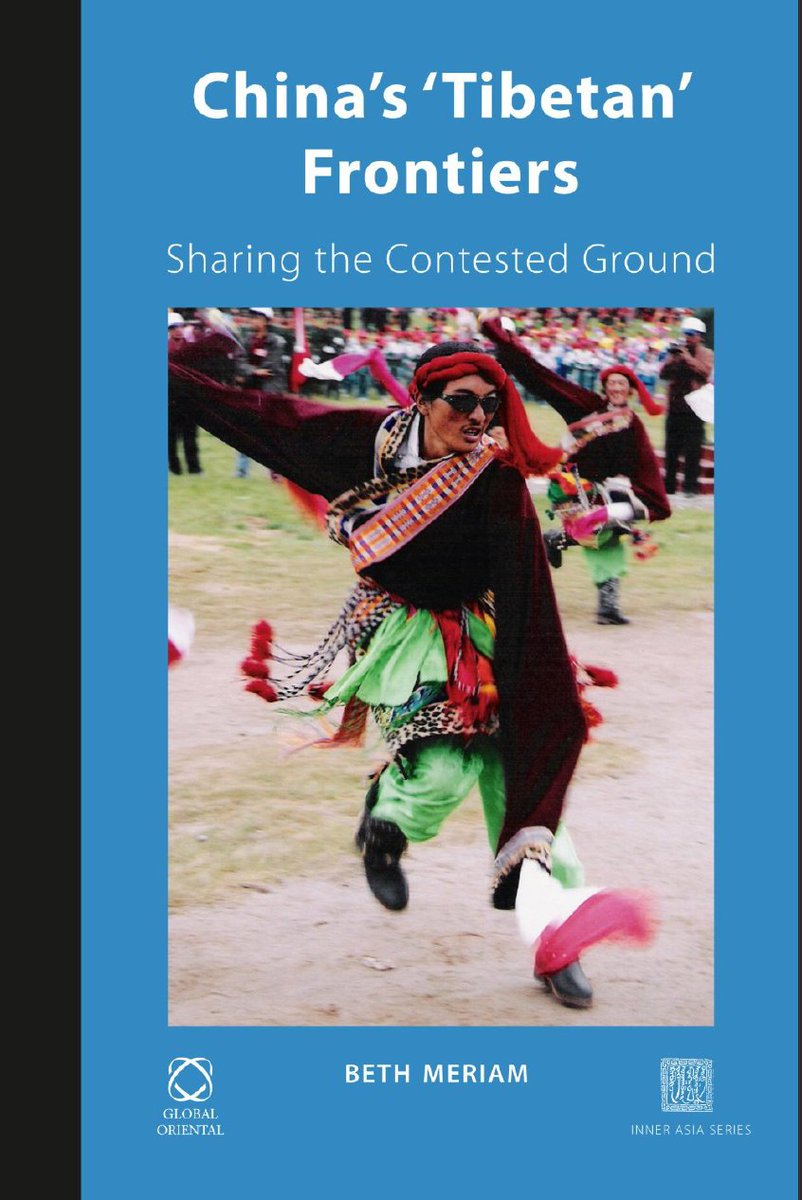
The 19th of November was Gunditjmara Invasion Day. It marks the date when settler Edward Hently first arrived in Gunditjmara country (now western Victoria, Australia). Invasion, murder, death & dispossession followed. This violent history continues to be denied. 1/n
In this thread I will show how settlers today continue to trivialize this violence against Indigenous people.
I want to be clear that I’m focusing on settler denial (as a settler) & that I’m not speaking for Gunditjmara people. 2/n
I want to be clear that I’m focusing on settler denial (as a settler) & that I’m not speaking for Gunditjmara people. 2/n
I’m going to talk about denial in a really mundane—but not trivial—context: cheese.
The point I want to make is that even mundane things & commercial products are sites of the denial of colonial violence & its justification and continuation. 3/n
The point I want to make is that even mundane things & commercial products are sites of the denial of colonial violence & its justification and continuation. 3/n
So, cheese & the denial of settler colonial violence, a thread. 4/n
I recently came across a cheese called 'Annie Baxter special reserve'. Here’s how they advertise it.
The cheese's namesake was a ‘pioneer,’ & ‘one of the first European women in the district.’ She was famous for carrying a ‘prominently displayed’ pistol. 5/n
The cheese's namesake was a ‘pioneer,’ & ‘one of the first European women in the district.’ She was famous for carrying a ‘prominently displayed’ pistol. 5/n

Note that in the text above, the company claims that the cheese was made to honor this person: a settler famous for openly carrying a gun during the frontier wars.
Here she is on a piece of cheese, her hair waving sinuously as she dashes off on a galloping horse. 6/n
Here she is on a piece of cheese, her hair waving sinuously as she dashes off on a galloping horse. 6/n

cw – violence
Annie Baxter was a prolific diarist & though she never admitted to murdering anyone, she did describe participating in an attack where settlers fired at women & children. 7/n
Annie Baxter was a prolific diarist & though she never admitted to murdering anyone, she did describe participating in an attack where settlers fired at women & children. 7/n

After the women & children were fired on, Annie Baxter then either participated in, or at the very least observed, the settlers destroying property & killing puppies. She also stole some items that were abandoned in the camp (from Jan Critchett’s ‘A Distant Field of Murder’). 8/n
This was not an isolated incident. In her diaries, Annie Baxter records a total of 13 ‘hunting parties’ (death squads, militias…) between June 1845 & April 1847: armed settlers going out with the intention to kill. 9/n
press-files.anu.edu.au/downloads/pres…
press-files.anu.edu.au/downloads/pres…
cw – murder
In another incident, Annie Baxter learned that another settler had shot two Aboriginal children, killing one. Instead of seeking justice, she presented the man with a fake court summons.
As a joke. 10/n
In another incident, Annie Baxter learned that another settler had shot two Aboriginal children, killing one. Instead of seeking justice, she presented the man with a fake court summons.
As a joke. 10/n

So, this is the person that the makers of Annie Baxter ‘special reserve’ cheese wanted to ‘honor’:
a thief
a participant in & witness to ‘hunting parties’ (at the very least)
& a sociopath who exploited the murder of a child as an opportunity for a bit of a joke. 11/n
a thief
a participant in & witness to ‘hunting parties’ (at the very least)
& a sociopath who exploited the murder of a child as an opportunity for a bit of a joke. 11/n
Maybe the makers of Annie Baxter special reserve cheese just didn’t know all this!
Right?
If that’s true, WHY didn’t they know? How could they name their product after someone they didn’t know anything about? Why ‘honor’ someone whose biography you’re ignorant of?
12/n
Right?
If that’s true, WHY didn’t they know? How could they name their product after someone they didn’t know anything about? Why ‘honor’ someone whose biography you’re ignorant of?
12/n
Anyway, they know now. I emailed them on October 18th & presented them with this evidence & asked them politely to reconsider the name. And I followed up on November 3rd & never received a reply. 13/n
But SO WHAT, right?
IT’S JUST CHEESE!
CALM DOWN!
14/n
IT’S JUST CHEESE!
CALM DOWN!
14/n
Here’s one way to think about that. Naming this product after Baxter sends the message that the actual history of Gunditjmara country is so irrelevant it can be erased to sell a boutique dairy product. That’s how little truth matters. That’s how little those lives mattered. 15/n
Is it not, in itself, a horror that the profits to be had from selling cheese are more important than the historical truth of murder, dispossession & injustice? That the marketing strategy is more important than the people who were murdered?
16/n
16/n
Think of it also in the broader context. Australia: which is covered in monuments to murders & thieves. Where the streets & universities & train stations are also named after them. And where the adjective ‘colonial’—a synonym for ‘genocidal’—instead means ‘rustic’.
17/n
17/n
Naming a cheese after a thief, genocide bystander, & sociopath is indicative of the mundane nature of the denial of Australia's violent history. It's indicative of how few fucks we actually have to give. 18/n
If you'd like to contact the people who make Annie Baxter special reserve genocide cheese, you can email them at: info@shawriverbuffalo.com or (03) 5568 4321.
Their main distributor is Calendar Cheese Co Pty Ltd: 386454666, info@calendarcheese.com.au.
And I found this genocide denying boutique dairy product at Harper & Blohm in Brunswick: 03 9381 0764, info@harperandblohm.com.
I'm sure that not all their products are named after murder-sympathizers.
I'm sure that not all their products are named after murder-sympathizers.
• • •
Missing some Tweet in this thread? You can try to
force a refresh





